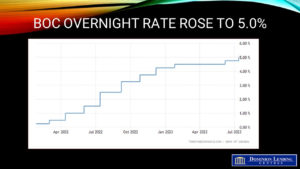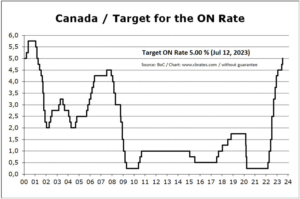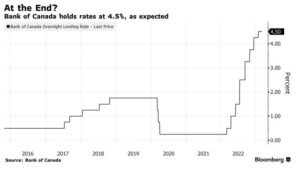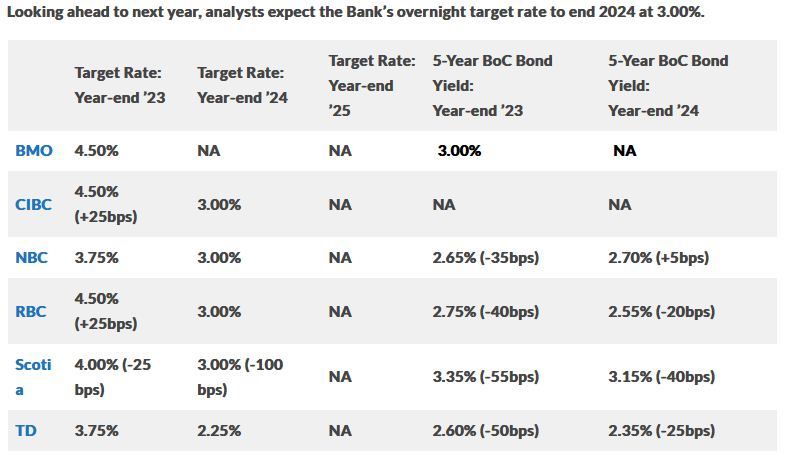Canada’s Bank Regulator Kills the Stress Test for Straight Switch Mortgages
In a significant win for consumers, the Office of the Superintendent of Financial Institutions (OSFI) has kicked the stress test to the curb for straight switches of uninsured mortgages.
Starting November 21, if you’ve got an uninsured mortgage, you can switch lenders without having to prove you can afford a rate that’s at least 200 bps higher.
Since 2018, the industry’s been nagging regulators for this change, and finally, the right people listened.
OSFI tells us:
“We can confirm that today in discussion with the Globe and Mail, the Superintendent of Financial Institutions, Peter Routledge indicated that OSFI intends to inform industry we will end our expectation that lenders apply the Minimum Qualifying Rate (MQR) to straight switches of uninsured mortgages at renewal.”
“Straight switches are uninsured mortgages that are renewed at a new lender under the mortgagor’s current amortization schedule and current loan amount under that amortization schedule,” a regulator spokesperson added.
“There are two primary reasons for this change. First, we are listening to what we have heard from industry and from Canadians about the imbalance between insured and uninsured mortgagors at the time of mortgage renewal.”
“Second, when we look at the data over time, we have observed that the prudential risks that this was intended to address have not significantly materialized. As a prudential regulator we enable banks and lenders to compete and take reasonable risks.”
“We are working with FRFIs to ensure they are prepared for this change and intend to formally communicate our intentions as part of our quarterly regulatory release pilot, the next date for which is November 21, 2024.”
What it means
Today, if you want to switch lenders for a better deal on the average $300,000 mortgage, you need to prove $81,300 of income.
Once this new policy takes effect, that drops to $71,000 of income, 12.7% less.
Ballpark industry estimates have suggested that OSFI’s policy blocked at least 5% to 10% of switches, but that number grew as rates soared in the last hike cycle.
With this restriction lifted, borrowers might save anywhere from 5 to 25 bps on a prime renewal rate, maybe more. We’re talking $1,400 of savings over five years, assuming a 10 bps average rate improvement on a $300,000 switch.
In closing, we must say hats off to OSFI for re-looking at the data and making the right call for consumers here. It mustn’t have been easy, given their firm opposition to stress-test-free switches previously, but OSFI did the right thing. And that’s a credibility booster in industry circles.
Thank you Rob for such great insight as always!








